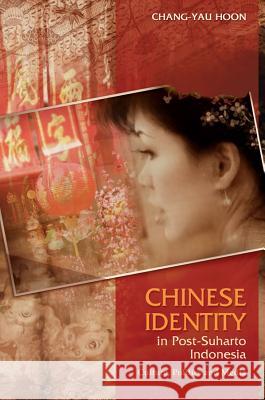Chinese Identity in Post-Suharto Indonesia : Culture, Politics & Media » książka
Chinese Identity in Post-Suharto Indonesia : Culture, Politics & Media
ISBN-13: 9781845194741 / Angielski / Miękka / 2011 / 230 str.
Chinese Identity in Post-Suharto Indonesia : Culture, Politics & Media
ISBN-13: 9781845194741 / Angielski / Miękka / 2011 / 230 str.
(netto: 158,60 VAT: 5%)
Najniższa cena z 30 dni: 143,51
ok. 30 dni roboczych.
Darmowa dostawa!
During Suharto s New Order (19661998), the ethnic Chinese expanded the nation s economy (and their own wealth), but, paradoxically, were marginalised and discriminated against in all social spheres: culture, language, politics, entrance to state-owned universities, and public service and public employment. Following the fall of Suharto, and the anti-Chinese riots in May 1998, Indonesia underwent a process of Reformasi and democratisation, whereby for the first time in several decades Chinese culture became more visible. Many ethnic Chinese took advantage of the new democratic space to establish political parties, non-governmental organisations (NGOs) and action groups to fight for the abolition of discriminatory laws, defend their rights and promote solidarity between ethnic groups in Indonesia. They utilised the Reformasi atmosphere to promote pluralism and multiculturalism, and to liberate their long-suppressed identity and cultural heritage. This book sets out to unpack the complex meanings of Chineseness in post-1998 Indonesia, including the ways in which the policy of multiculturalism enabled such a resurgence, the forces that shaped it and the possibilities for resinicisation . The author examines how ethnic Chinese self-identify, and investigates how the pribumi Other has contributed to identifying the ethnic boundary in terms of race and class. A unique aspect of the study is its discussion of the complexities of cultural crossing, borrowing and mixing experience of Chinese-Indonesians through localisation and globalisation."











